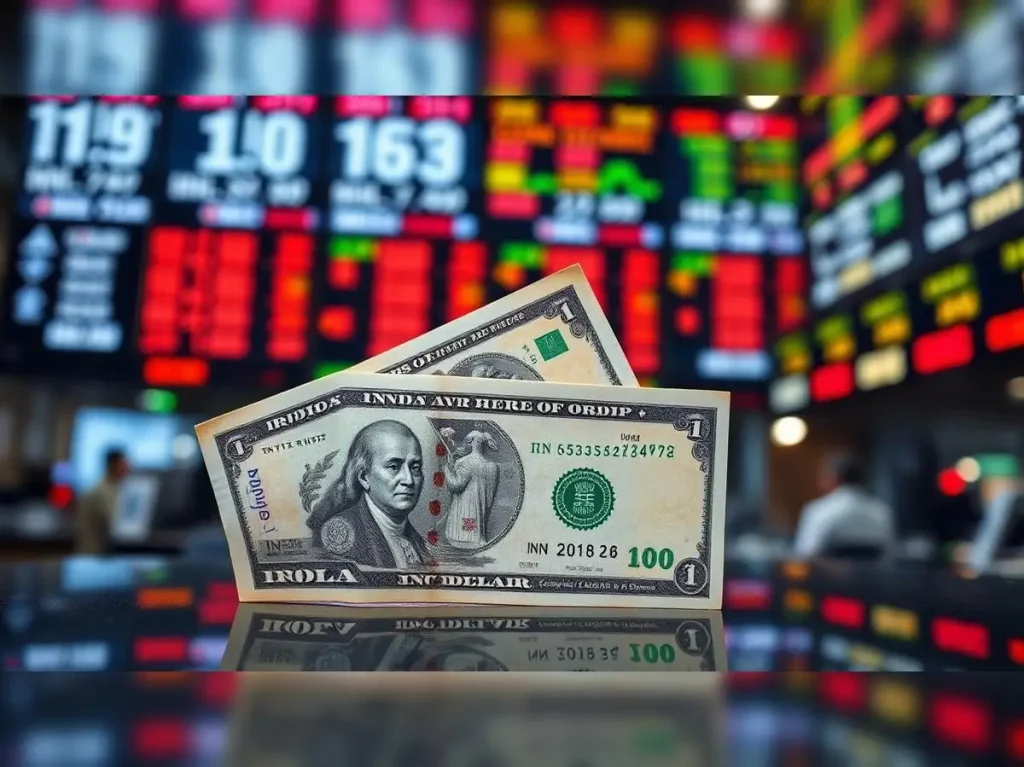Global stock markets rose on Monday as the U.S. dollar broadly weakened, even though it gained against the Japanese yen. Investors shifted their focus to political turmoil in several countries while betting on a potential U.S. Federal Reserve rate cut.
In Argentina, markets plunged after President Javier Milei’s ruling party suffered a decisive election loss in Buenos Aires province. The peso sank to a record low, falling as much as 7.5 percent, while Argentine stocks collapsed by more than 10 percent.
Japan also entered a period of uncertainty when Prime Minister Shigeru Ishiba resigned, sending the yen lower against the dollar. Investors expect a dovish successor could soften monetary policy and fuel further volatility. Across Europe, France’s fragile political climate left Prime Minister François Bayrou at risk of defeat, intensifying concerns about policy paralysis in the eurozone’s second-largest economy.
In Asia, Indonesia’s stock market reversed early gains and closed lower after President Joko Widodo dismissed Finance Minister Sri Mulyani Indrawati in a cabinet reshuffle. Still, the rupiah strengthened, reflecting renewed investor confidence in the currency.
Meanwhile, softer U.S. labor data boosted expectations that the Federal Reserve will cut interest rates as soon as next week. Treasury yields fell for a fourth straight day, strengthening the case for policy easing.
Global indices recorded broad gains. MSCI’s benchmark of world stocks rose 0.35 percent to 959.07. The pan-European STOXX 600 added 0.28 percent, while emerging market equities advanced 0.58 percent. In Asia, MSCI’s index of shares outside Japan climbed 0.67 percent, and Japan’s Nikkei surged 1.45 percent to 43,643.81 points.
U.S. markets delivered a mixed performance. The Dow slipped slightly, but the S&P 500 gained 0.31 percent and the Nasdaq jumped 0.82 percent as traders awaited key economic data later this week.
Commodities also strengthened. Oil prices posted a modest rebound, while gold soared past $3,600 an ounce, supported by bets on imminent Fed easing.

